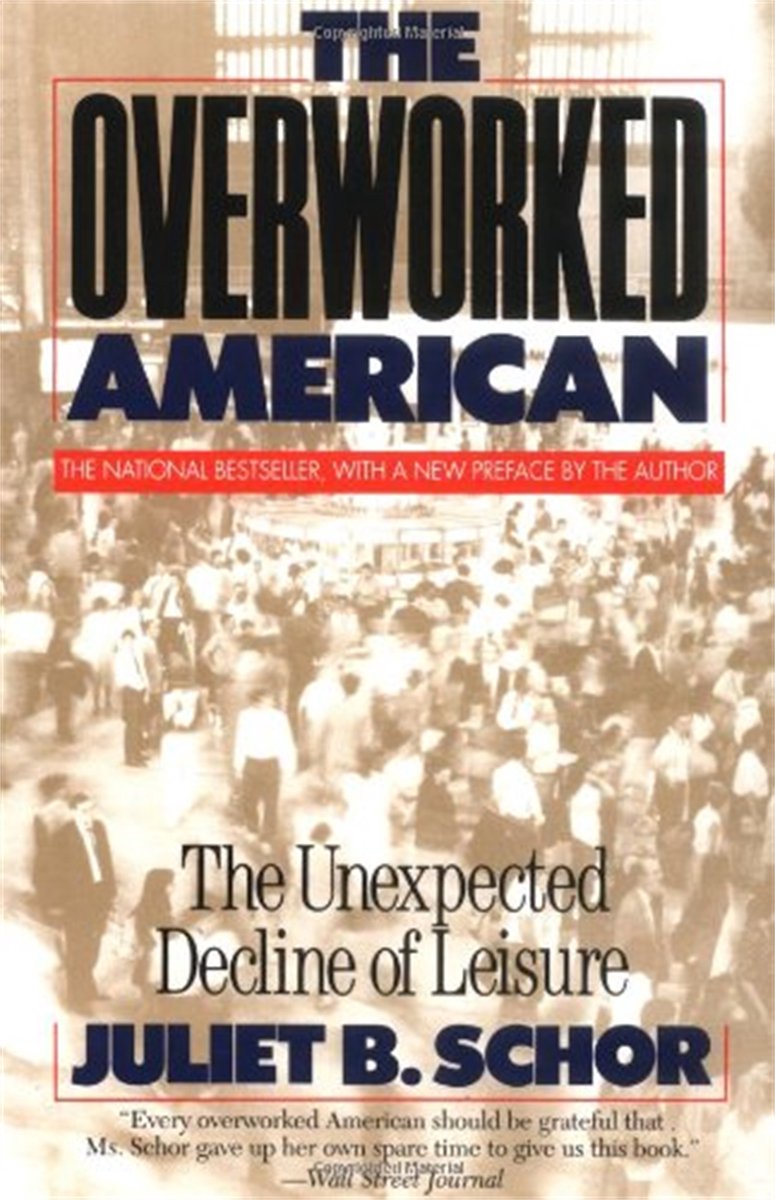kdwarn reviewed Overworked American by Juliet B. Schor
Review of 'Overworked American' on 'Goodreads'
4 stars
Great book. She talks a lot about materialism/consumerism, work/family issues, and how to get out of the cycle of "work and spend", from a progressive economist's viewpoint. There's a good history of the work week, dating back to medieval Europe (and beyond that, though with much less precision in her estimates). It's a bit dated (1992), but if the stats on working hours were updated, she could pretty much leave everything else alone and it would still be relevant to today. One of the fine economists who recognizes that markets are often (I would say inherently) faulty and the labor market is almost always skewed in favor of employers and against workers. Could have been better if the beginning of the book was shorter (there's a lot of discussion of stats and estimates of stats and how she arrived at her numbers, other surveys of working hours, etc.), though I …
Great book. She talks a lot about materialism/consumerism, work/family issues, and how to get out of the cycle of "work and spend", from a progressive economist's viewpoint. There's a good history of the work week, dating back to medieval Europe (and beyond that, though with much less precision in her estimates). It's a bit dated (1992), but if the stats on working hours were updated, she could pretty much leave everything else alone and it would still be relevant to today. One of the fine economists who recognizes that markets are often (I would say inherently) faulty and the labor market is almost always skewed in favor of employers and against workers. Could have been better if the beginning of the book was shorter (there's a lot of discussion of stats and estimates of stats and how she arrived at her numbers, other surveys of working hours, etc.), though I understand her need to state her case. The thing that would have given this book five stars for me is if she had gone just a little further and called less for liberal reforms that will most likely only superficially help the situation and more for radical solutions that address the root of the problem (though she does say that it's capitalism, not industry, that is the primary culprit for the rise in working hours and the decline of leisure).

